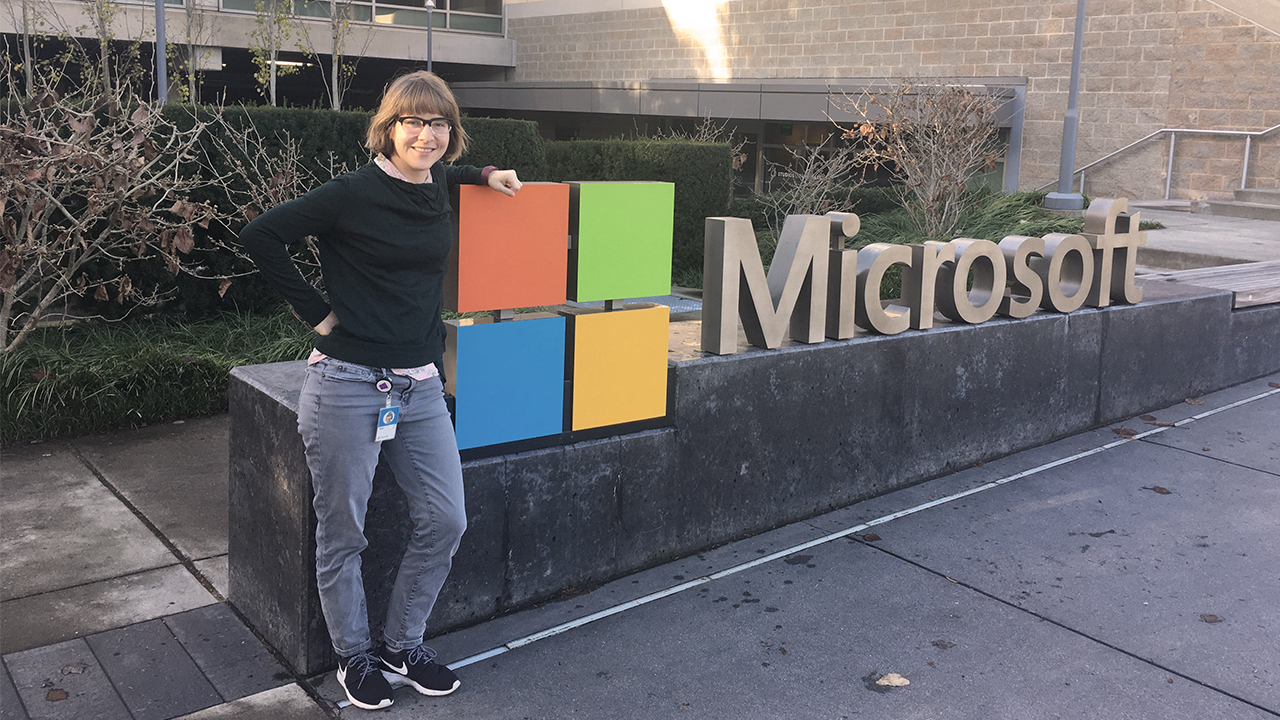"There are two things I really like about research, the first is human courage, the kind of people who are attracted to this lifestyle. They are people with great ability to focus on a problem and their area of knowledge is their passion. The second is that you are always learning. Although it is clear that the research is very painful, most of the time you try things that you don't know will work. And in many cases the precariousness of scholarships and projects makes you a nomad in the 21st century". Mar González, from one of the most important research laboratories in the world, such as Microsoft Research, reflects on why he should devote himself to research.
Mar González graduated with a double degree in Computer Science and Multimedia Engineering from La Salle, was at MIT in Boston as a visiting student, completed a Master's degree in Biomedical Engineering (UB and Tsinghua University of China), did a postdoctoral degree at University College London, worked in industrial laboratories, created an immersive technology laboratory for Airbus in the United Kingdom, worked as a scientist at the start up Traity and has been a researcher at Microsoft Research for the past year - where she had already been a summer as a scholarship holder-.
At Microsoft in Seattle, she drives one of the company's flagship projects, Hololens on virtual reality. González creates technological prototypes capable of producing immersive experiences, investigating different disciplines such as virtual reality, graphics and computer vision and neuroscience.
On research in Spain, she believes that it is not necessarily necessary to go abroad, "but it is necessary to be open-minded about the opportunities that arise. If the best lab in your field is somewhere else, you should definitely go learn and work with them". He also believes that the level of education in Spain is quite competitive and the famous "brain drain" occurs precisely because people leave prepared with a level similar to that of other places.
The difference between countries in this area is in many cases the ability to attract talent. "And in this respect, initiatives such as ICREA help to bring talent to Catalonia and Spain. We have to understand that we have to recruit highly respected researchers from all over the world to create an ecosystem at the local level. So these top-level labs are magnets that attract other people to the field," he adds.

